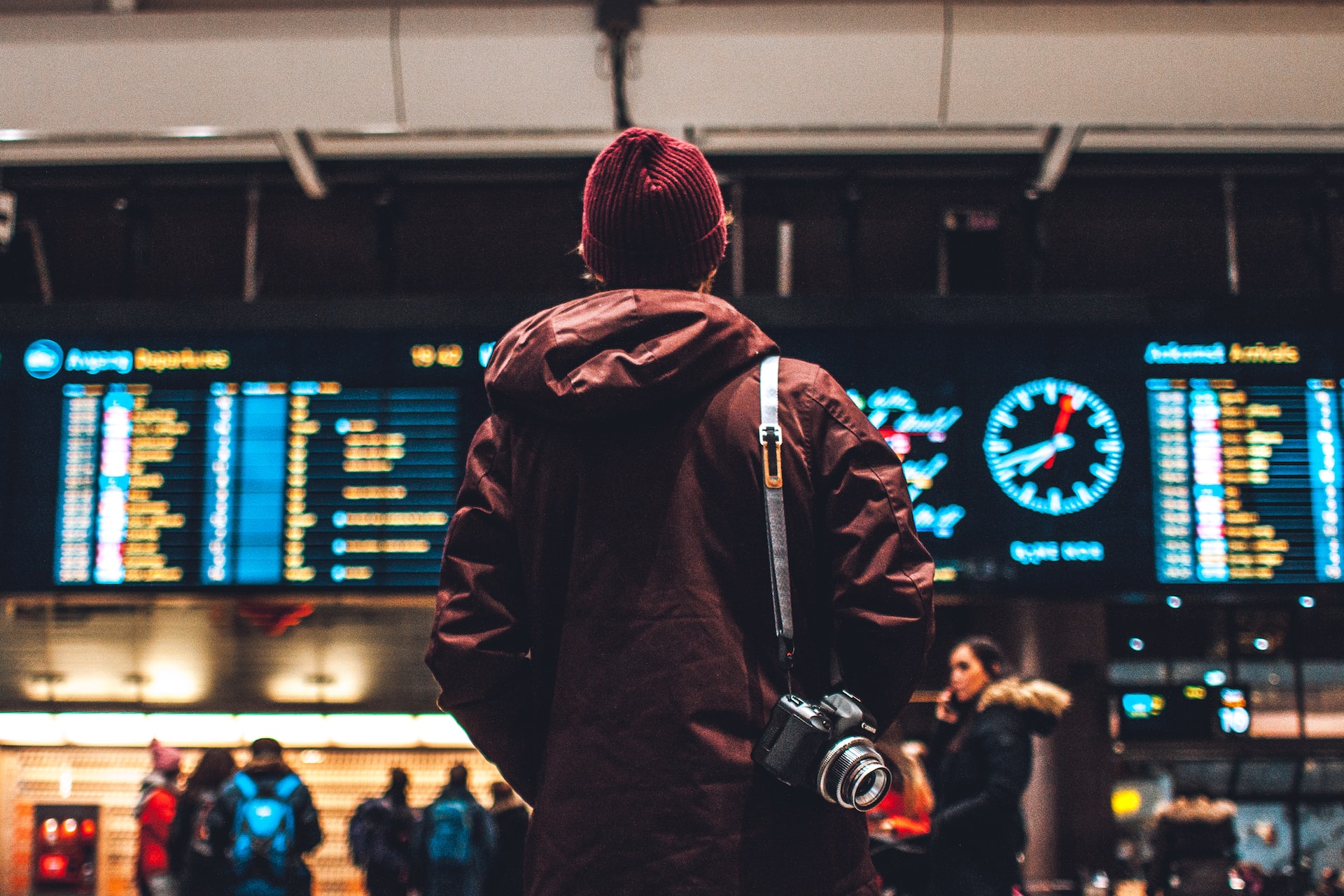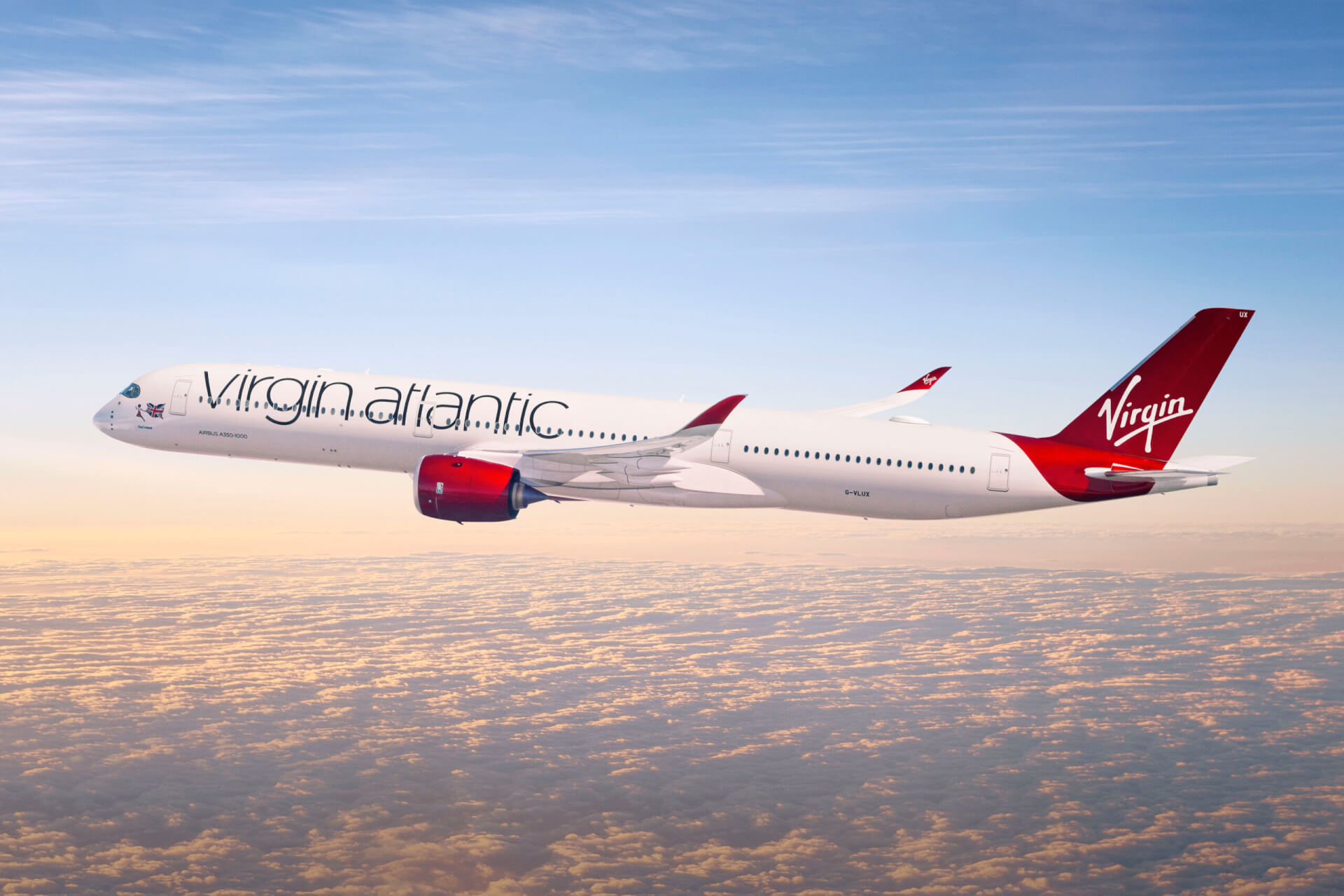Although severe restrictions remain in place, travel agency advertisements have recently grown increasingly common. According to estimates, vacation reservations have resumed their upward trend as customers look past lockdowns. For the foreseeable future, COVID-19-related travel circumstances may complicate vacations, including prospective measures such as requiring people to get vaccinated. The danger is that those who have not received the vaccine will be unable to travel abroad. It may even impair people’s ability to travel within the country. Because so many individuals lost their jobs during the epidemic, economic difficulties will also have an impact on worldwide travel. These problems will influence our decision to take a vacation. By the time the epidemic is over, the days of planning vacations based on location or attractions will be over.
When faced with the urge to travel as well as actual obstacles, people are expected to make more deliberate travel decisions. Visitors will be less likely to compromise on their next trip in the post-COVID age. They will have far greater expectations and be much more demanding of hospitality service providers. To be competitive, the industry should prioritize providing services, facilities, and experiences that promote wellness, health, and overall well-being. Companies will need to concentrate on maintaining excellent cleanliness standards, which tourists are supposed to value. It is not surprising to see themes such as health tourism, wellness tourism, and maybe even religious tourism gain popularity. Because of the epidemic, tourists are paying greater attention than ever before to these requirements.
Human-centered tourism
According to tourism academic Fabio Carbone, post-COVID tourism would likewise focus on people rather than destinations. Individuals seeking to avoid measures such as social distance will most likely utilize travel to strengthen current relationships with loved ones living abroad or to seek new encounters. Carbone believes that as a result of this, post-Covid tourism will prioritize human growth, discussion, and peace. Travel for visiting friends and relatives, volunteer tourism, and peace tourism are all anticipated to be popular types of tourism. Volunteer tourism is a specialty tourist activity that entails volunteering in a foreign location. Voluntourism has generated valuable humanitarian work, despite some doubts about its favorable impact on developing countries and poor communities. With the economic consequences of the COVID-19 pandemic hitting developing countries harder than ever, successful voluntourism is not only desirable but also required.
Peace tourism, on the other hand, refers to a desire to visit specific locations in order to either do research or studies on how peace is established and celebrated there or to contribute to a destination’s efforts to establish peace after violence. Peace tourism often entails visiting peace memorials or conflict zones with the goal of learning from the mistakes of previous conflicts and assisting in the resolution or prevention of current conflict.
The tourism business is in a rare position to consider its future. If it wants to make an impression, it must prioritize providing high-quality, low-cost experiences and putting customers first. Promoting specific places and sites will no longer make sense when travel resumes in the post-pandemic world. It may be challenging in the face of constrained and ever-changing travel corridors, but the travel industry has little alternative but to redesign vacations to adapt to our demands and wishes.
Industry Trends
- According to one website, 25% of all US millennials intend to travel alone each year. Even before the pandemic, statistics reveal that the number of people traveling alone climbed by 42%. Intrepid Travel, according to Travel Market Research, is a small-group travel firm that organizes excursions for 75,000 people every year. According to the data, more than half of the travelers who book with them are traveling alone. Overseas Adventure Travel, another small-group travel operator, has witnessed such a spike in solo travel that they have increased the number of single spots available in 2021 by 76% over 2019. Solitary travelers are also active on social media.
- Local Experiences Are Desired by Tourists In the travel sector, the “experience economy” is massive. But, in the foreseeable future, fewer and fewer people may settle for conventional vacation activities. Instead, “consumers [will] explore real experiences, distancing themselves from popular tourism suppliers and branching into pursuits that feel more meaningful”. Data insights for business AirSage characterizes this as a growing trend because “customers no longer want dull and conventional travel experiences as much as they used to. Instead, they would rather spend on once-in-a-lifetime holidays”. Airbnb is capitalizing on this trend. Since 2016, customers have been able to book “experiences” through their website. Nevertheless, in 2020, they will also include online experiences for consumers who want to connect with locals without leaving their homes. Several businesses have based their entire business model on this trend.
- Withlocals provides “personalized travel,” allowing travelers to arrange individual tours and activities with locals all around the world. Camping (and glamping) vacations have also become popular ways for individuals to travel while enjoying local culture and remaining safe in the face of the pandemic. Outdoorsy has been nicknamed the “Airbnb of RV rentals”. And by 2020, their sales will have skyrocketed to $1 billion. That’s a 400% increase since 2019. Under Canvas operates seven wilderness glamping sites in the United States with the goal of discovering the local scenery and inspiring human connections.
- Use of Travel Technology Increases Technology, like practically every other business, is providing apparently limitless potential to the travel sector. The pandemic has only accelerated the pace of technological adoption in the travel business. According to a McKinsey poll, “businesses have expedited the digitalization of their customer and supply-chain interactions, as well as their internal operations, by three to four years” as a result of COVID-19. Facial recognition technology is being used by an increasing number of airlines and airports. Businesses and governments promote this technology as a boon to travel safety. Yet many privacy advocates have put a stop to this new practice. They caution that this form of surveillance has the potential to become dystopian.
- Customers Combine Business and Pleasure Travel: According to the most recent figures, there are almost 5 million digital nomads in the United States. With the outbreak of the pandemic, the concept of being location-independent, traveling, and working remotely has grown in popularity. The hospitality industry is beginning to cater to digital nomads in particular. Aruba is exposing its beaches to vacationers who want to work remotely as part of the “One Happy Workation” marketing campaign. Visitors are permitted to stay for up to 90 days. Also, no official documentation is required. You can also work remotely from Barbados and the Cayman Islands for an extended period of time.
That concludes the major trends propelling the travel and tourism industry through 2023 and beyond. We can witness a dynamic relationship between the travel sector and consumers through these patterns. It’s a tug-of-war that will undoubtedly continue in 2024, and organizations that can adjust swiftly to shifting traveler demands and needs will be best positioned for future success.




